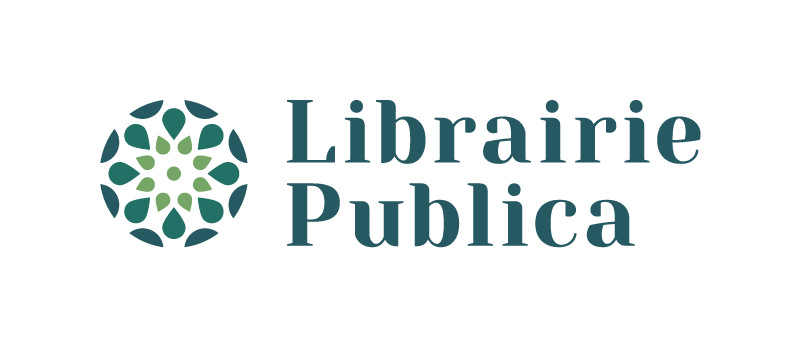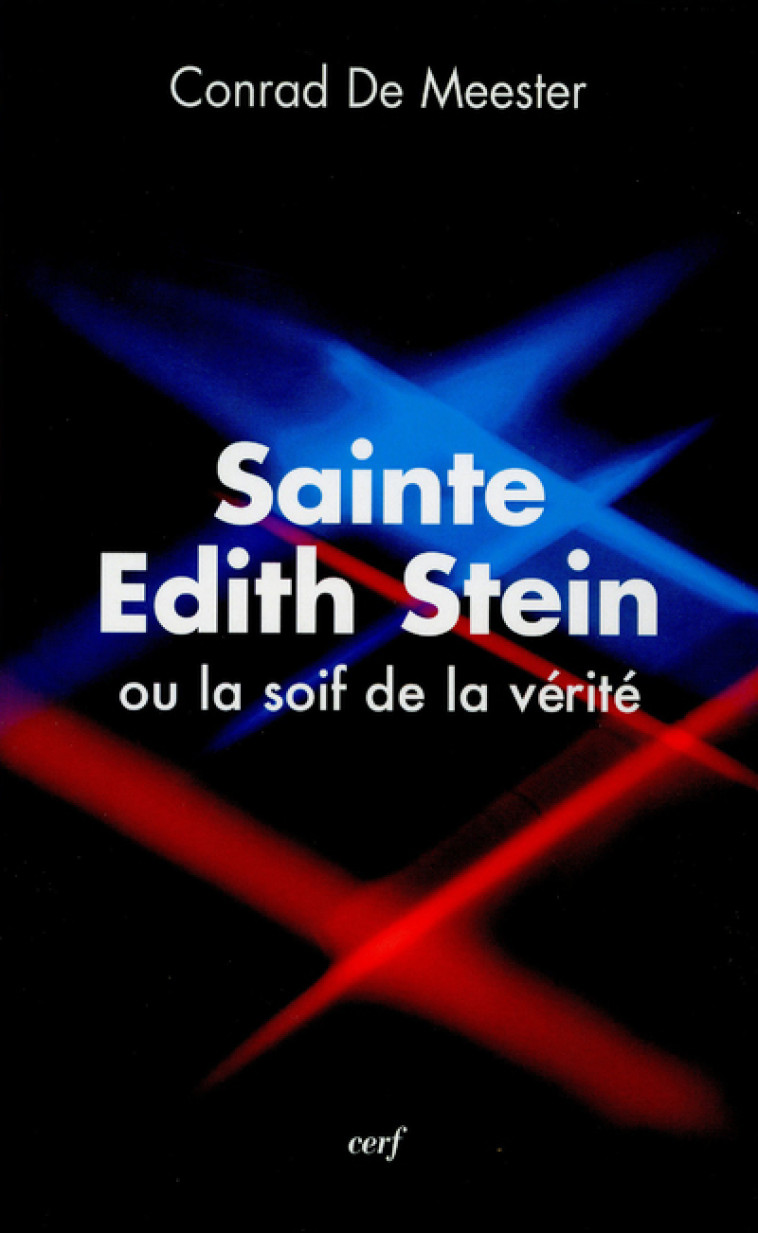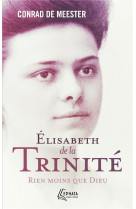Juive allemande, edith stein naît à breslau le 12 octobre 1891. philosophe éminente, convertie au christianisme et devenue carmélite sous le nom de soeur thérèse-bénédicte de la croix, elle meurt à auschwitz-birkenau pendant la seconde guerre mondiale. canonisée en 1998, elle est déclarée, l'année suivante, patronne de l'europe par jean-paul ii. son nom allemand stein veut dire « pierre ». edith est un diamant aux multiples facettes, solide, pure, lumineuse. tout au long de sa vie edith ne cessera d'affiner sa recherche : quel est le sens de l'existence ? quelle en est la destinée ultime ? en 1921, après avoir parcouru beaucoup de chemins de réflexion, elle est touchée par la parole d'un frère juif, jésus : « je suis la vérit?, qui la convainc. désormais, le diamant, sans la moindre hésitation, s'expose à la splendeur lumineuse de ce jésus. de maître qu'elle était, edith devient disciple d'inquiète chercheuse, elle se fait témoin serein et intrépide. la philosophe s'élance dans une phase finale, inconditionnelle : celle de l'amour le plus haut. elle devient épouse de la vérité, l'embrasse, l'adore, au sens plénier. plus tard, en 1938, en pleine montée du nazisme et de la haine des juifs, elle s'ouvre à une amie, en se référant à son nom religieux : « aujourd'hui je saisis certainement encore mieux ce que signifie d'avoir épousé le seigneur sous le signe de la croix. mais vraiment comprendre, on ne le fera jamais, car c'est un mystère. » c'est cette extraordinaire destinée, cette si belle sainteté, que raconte conrad de meester dans ce récit concis, lumineux et très documenté.
--
edith stein, a german jew, was born in breslau on the october 12, 1891. this eminent philosopher, who converted to christianity and became a carmelite nun under the name of teresia benedicta of the cross, died at auschwitz-birkenau during the second world war. she was canonised in 1998, and the following year was declared patron of europe by john paul ii. her german name stein means ‘stone'. appropriately, because edith, like a multi-facetted diamond, was solid, pure and radiant. all throughout her life, edith ceaselessly refined her research: what is the meaning of life? what is our ultimate destiny? in 1921, after investigating many paths of thought, she was moved by the words of a fellow jew, jesus: ‘i am the truth'. she was convinced. from that moment on, without the slightest hesitation, the diamond radiated in the splendour of jesus's light. edith, who had been a master, became a disciple and the restless researcher became a serene and intrepid witness. the philosopher embarked upon a final, unconditional phase: that of the highest form of love. she espoused truth, and embraced and adored it in the fullest sense. later, in 1938, when nazism and the hatred of jews were at their height, she confided to a female friend, referring to her religious nomenclature: ‘today i certainly have a much clearer understanding of what it means to have espoused the lord under the sign of the cross. but no one can ever fully understand, it is a mystery.' it is this extraordinary life, this very beautiful holiness that conrad de meester describes in his concise, illuminating and well-documented volume.
--
edith stein, a german jew, was born in breslau on the october 12, 1891. this eminent philosopher, who converted to christianity and became a carmelite nun under the name of teresia benedicta of the cross, died at auschwitz-birkenau during the second world war. she was canonised in 1998, and the following year was declared patron of europe by john paul ii. her german name stein means ‘stone'. appropriately, because edith, like a multi-facetted diamond, was solid, pure and radiant. all throughout her life, edith ceaselessly refined her research: what is the meaning of life? what is our ultimate destiny? in 1921, after investigating many paths of thought, she was moved by the words of a fellow jew, jesus: ‘i am the truth'. she was convinced. from that moment on, without the slightest hesitation, the diamond radiated in the splendour of jesus's light. edith, who had been a master, became a disciple and the restless researcher became a serene and intrepid witness. the philosopher embarked upon a final, unconditional phase: that of the highest form of love. she espoused truth, and embraced and adored it in the fullest sense. later, in 1938, when nazism and the hatred of jews were at their height, she confided to a female friend, referring to her religious nomenclature: ‘today i certainly have a much clearer understanding of what it means to have espoused the lord under the sign of the cross. but no one can ever fully understand, it is a mystery.' it is this extraordinary life, this very beautiful holiness that conrad de meester describes in his concise, illuminating and well-documented volume.
Disponible sous 3/4 jours
EAN
9782204099424
Éditeur
CERF
Collection
Epiphanie
Date de parution
07/02/2013
Format
5 mm x 195 mm x 135 mm
Nombre de pages
84
Autres parutions de cet auteur
Où nous trouver ?
44 rue Saint Jean
14000 Caen
14000 Caen
Horaires d'ouverture
Du Mardi au Samedi de 10h00 à 12h30 et de 14h00 à 19h00.
Nous contacter
librairie.publica@orange.fr
0231860300


